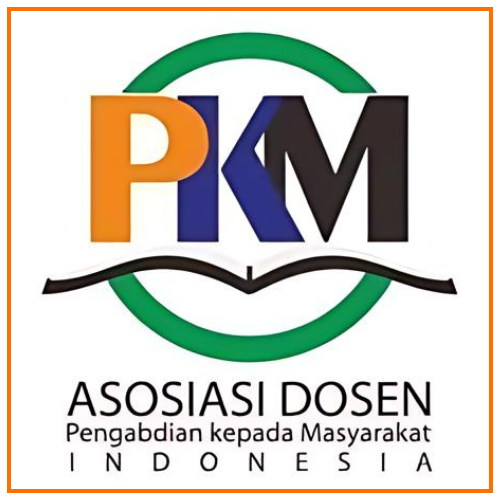The Use of ELSA Speak as a Mobile-Assisted Language Learning (MALL) towards EFL Students Pronunciation
Abstract
Keywords: Elsa Speak; Mobile-Assisted Language Learning; Students' Pronunciation; Pronunciation Improvement.
Full Text:
PDFReferences
Adila, S., & Refnaldi, R. (2019). Pronunciation errors made by senior high school. Journal of English Language Teaching, 8(3), 63-72.
Aswaty, P., & Indari, A. (2022). the Effect of Using Elsa (English Language Speech Assistant) Speak Application on Students' Speaking Ability for the Eleventh Grade of Mas Darul Al Muhajirin in the Academic Year 2021/2022. Serunai: Jurnal Ilmiah Ilmu Pendidikan, 8(1), 18-23. https://doi.org/10.37755/sjip.v8i1.616.
Dewi, Y. N., Zaim, M., & Rozimela, Y. (2022). Interactive learning using e-learning module in learning English for senior high school: A review of related articles. JELITA: Journal of Education, Language Innovation, and Applied Linguistics, 1(2), 125-134.
Khampusaen, D., Chanprasopchai, T., & Lao-Un, J. (2023). Empowering Thai Community-based Tourism Operators: Enhancing English Pronunciation Abilities with AI-based Lessons. Journal of Mekong Societies, 19(1), 132-159.
Kholis, A. (2021). Elsa Speak App: Automatic Speech Recognition (ASR) for Supplementing English Pronunciation Skills. Pedagogy: Journal of English Language Teaching, 9(1), 01. https://doi.org/10.32332/joelt.v9i1.2723.
Munawir, A., Inayah, N., Firmansyah, N. P., & Huda, N. (2022). Students' Vocabulary Mastery By Using Animation Video on English Language Teaching. ETDC: Indonesian Journal of Research and Educational Review, 1(3), 354-362.
Rafael, A. M. D. (2019). An Analysis on Pronunciation Errors Made By First Semester Students of English Department STKIP CBN. Loquen: English Studies Journal, 12(1), 1. https://doi.org/10.32678/loquen.v12i1.1676.
Rinaepi, Triwardani, H. R., & Azi, R. N. (2022). The Effectiveness of Elsa Speak Application To Improve Pronunciation Ability. Jurnal Fakultas Keguruan & Ilmu Pendidikan, 3(1), 28–33.
Santiana, S., Lesmana, D., Marzuki, A., & Erizar, E. (2021). An Insight of Anitales Apps Perceived by Digital Storytelling Students. Proceeding of International Conference on Islamic Education (ICIED), 6(1), 23-30. Retrieved from http://conferences.uin-malang.ac.id/index.php/ icied/article/view/1467.
Santiana, S., Silvani, D., & Ruslan, R. (2021). Optimizing LMS CANVAS for interactive online learning perceived by the students. Journal of English Education and Teaching, 5(4), 529-543.
Santiana, S., & Marzuki, A. G. (2022, October). YouTube: a Modern Breakthrough of Autonomous Learning to Hone Speaking Skills. In Proceeding of International Conference on Islamic and Interdisciplinary Studies (Vol. 1, pp. 23-28).
Saragih, E., Tabrani, N., & Muthmainnah, N. (2021). The Use of Digital Feedback on ELSA Speak in Learning Pronunciation for Seventh Grade of Junior High School. JEELL (Journal of English Education, Linguistics and Literature), 8(1), 133-145. https://doi.org/doi.org/10.32682/jeell.v8i1.1965.
Sarmita Samad, I., & Aminullah, A. (2019). Applying ELSA Speak Software in the Pronunciation Class: Students' Perception. Edumaspul - Jurnal Pendidikan, 3(1), 56-63. https://doi.org/10.33487/edumaspul.v3i1.85.
DOI: https://doi.org/10.37058/jelita.v2i2.7596
Refbacks
- There are currently no refbacks.








Journal of Education, Language Innovation, and Applied Linguistics
Lembaga Penelitian, Pengabdian Kepada Masyarakat dan Penjaminan Mutu Pendidikan (LP2M-PMP) Universitas Siliwangi
Jalan Siliwangi Number 24, Kota Tasikmalaya - 46115
West Java, Indonesia










